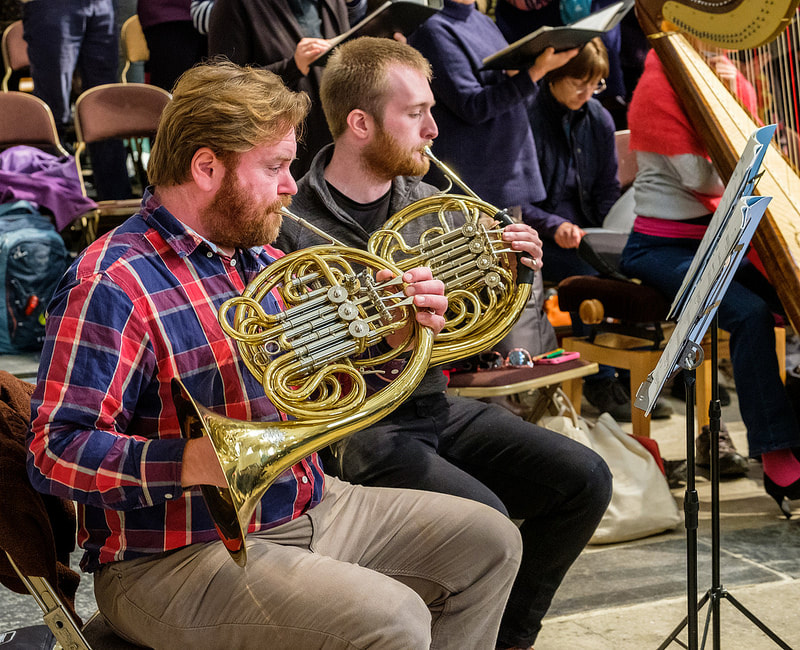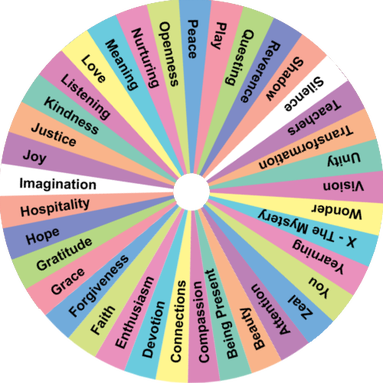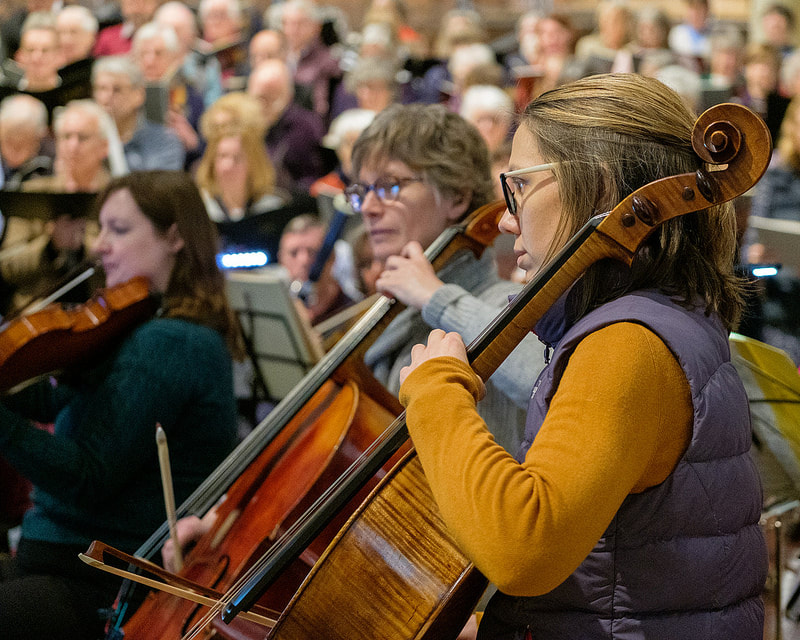Can Philosophy be
Music without Words
A reflection after listening to Messiaen's 'Turangalîla-Symphonie'
Finding God, Love And The Meaning Of Life
|
Can Philosophy be Music without Words?I'm not just asking if philosophy can be communicated without words, as if the words are primary but nevertheless communicated in non-verbal ways: in music, for example.
I'm asking if the love of wisdom, and the wisdom thus loved, might be in the music itself, because you hear in the music its ideas of God, love, beauty, terror, faith, doubt, and the meaning of life. I can well imagine that if you did, you might not "understand" it in a conventional, verbal way. That is, you might not be able to stand under the music, or perhaps more accurately over it, behold it, and say "look, let's get this clearly framed in our minds with more words." No, the philosophy could not be understood in this verbal, enframing way. Still the philosophy might be felt, and in the feeling there might be a certain kind of understanding, albeit spiritual or emotional, not verbal. The philosophy -- that is, the music -- would then functions as what Whitehead calls a lure for feeling: a proposal for how you might experience and respond to the world in a holistic way, honest to its beauty and terror, its potentials for agony and ecstasy. True, it can help to have some simple words to name the feelings, if only as signposts. The spiritual alphabet of Mary Ann and Frederic Brussat offers words. And the "words" of Marin Alsop, in her interview with NPR are likewise very helpful.
Meaning as Emotional Worlds But...they are not the point The meaning is in the emotional worlds the sounds contain and evoke, relative to the listener. It is nice, but not necessary, if the feelings are shared. It is nice, but not necessary, if you are sitting next to someone as you listen, and at certain points you turn to that person and nod your head in the sense of saying “yes” to what you hear. But there need be no consensus of this sort, because the meanings are heard in an individualized way. This kind of philosophy nwould not be the kind that is discussed in the university. It would not written in texts. But you might hear this kind of philosophy, not only in massive works like Messiaen's 'Turangalîla-Symphonie,' but even in the simplest of melodies you hear on the radio, or everything in between. Maybe the philosophy of music is really the philosophy in music -- and there may be as many different philosophies as there are listeners. Maybe. |




